Global Ocean Observing System
GOOS is a permanent global system for observations, modeling, and analysis of marine and ocean data.
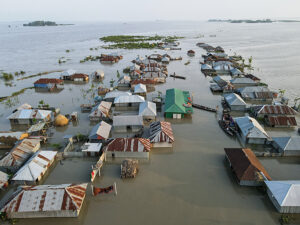
Ocean observing: a cornerstone for early warnings and coastal resilience
The impacts of climate change on the ocean are driving more frequent and intense extreme events at our coasts. International initiatives such as the United Nations Early Warning For All and the Global Ocean Observing System’s CoastPredict aim to revolutionize access to improved early warnings.
Read more »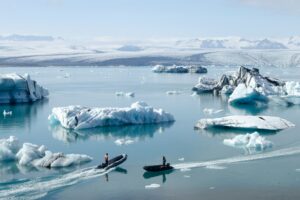
COP28: We cannot chart climate progress without ocean data
COP28 is being hailed as the needed turning point for immediate climate action. The outcomes of the first global stocktake highlight possible paths to greater ambition, but a new report by UNFCCC shows insufficient progress is being made. How do countries progress on climate action and what is needed? What must be remembered is: “You cannot manage what you do not measure”.
Read more »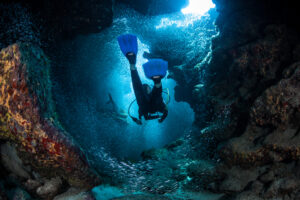
Ocean observations at COP28 in Dubai
From November 30 to December 12, 2023, nations will convene in Dubai for this year’s Conference of the Parties (COP28) on climate change – the most important annual gathering addressing climate action. GOOS is there to raise the profile of ocean observations in climate change mitigation and adaptation strategies.
Download our flyer for COP28 here, read our latest articles on ocean data and climate, and take a look at the list of side events on ocean observing in Dubai!
Read more »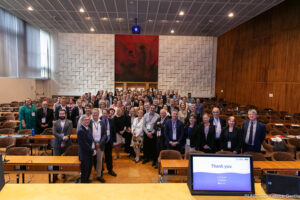
Experts gathered at UNESCO herald new impulses for interdisciplinary ocean observing and forecasting
Over 200 experts gathered at the UNESCO Headquarters in Paris for the plenary meeting and final symposium of the EuroSea Project, led by Germany’s GEOMAR Helmholtz Centre for Ocean Research Kiel and funded by the European Union with 12.6 million euros from 2019 to 2023. The EuroSea Project involved 53 partners from 14 European countries […]
Read more »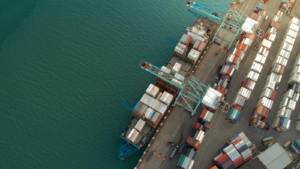
United States Government invests $3.9 million for Ocean Enterprise engagement
DetailsPublished: 27 September 2023 U.S. Inflation Reduction Act will support efforts by its National Oceanic and Atmospheric Administration (NOAA) to accelerate growth in the ocean and coastal technology and information economy. The funded project expands upon the Dialogues with Industry series launched in 2022 by the Global Ocean Observing System (GOOS), Marine Technology Society (MTS), National Oceanic and […]
Read more »ERDDAP Seminar Series
To reach a more diverse set of users, it is critical to provide effective data services that are easy to use and support both human and machine interaction. Building data management capacity that supports multiple data formats and lowering the technical barriers is key. The Observations Coordination Group and AtlantOS are organizing a seminar series that will introduce the ERDDAP data services and offer on-hands […]
Read more »OCG Capacity Development Webinar Series: WMO Information System 2.0 (WIS 2.0)
Presenter: Hassan Haddouch, WIS 2.0 Manager, WIS Branch, WMO Moderator: Champika Gallage Date and Time: 13 April 2023, 14:00-15:00 (CEST) Watch Webinar Download Slides The Global Telecommunication System (GTS) is maintaining a continuous real-time exchange of essential data by providing observations to the Global Data Processing and Forecasting System Centres and disseminating processed information to National […]
Read more »Vacancy notice: Junior Communications Consultant for GOOS
Under the Global Ocean Observing System 2030 Strategy, a key objective is to build advocacy and visibility with stakeholders through communicating with key users and national funders. GOOS is developing a Communications Strategy which will guide its actions, and has developed new terms of reference for National Focal Points as a key point of engagement for […]
Read more »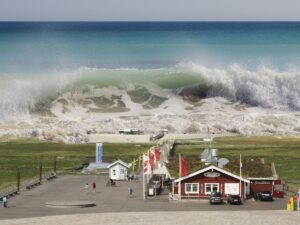
New ocean observing technologies to advance vital Tsunami Warning Systems
More than 700 million people on our planet are exposed to tsunamis, but new technological advancements and international cooperation efforts will make future tsunami warnings more timely, accurate and accessible to all those at risk. In 2004, when the Indian Ocean Tsunami hit 14 countries and killed more than 230,000 people, there was no tsunami […]
Read more »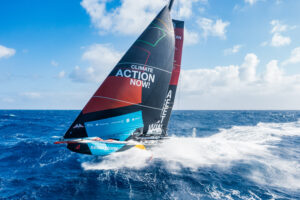
Sport and Science: How The Ocean Race Helps Advance Ocean and Climate Knowledge
While racing in one of the toughest and longest professional sporting events in the world, The Ocean Race crews manage to squeeze in time to take vital ocean observations that help study climate, improve weather forecasts and monitor ocean health. Malizia – Seaexplorer flying over the waves in the Southern Ocean on a beautiful day. […]
Read more »